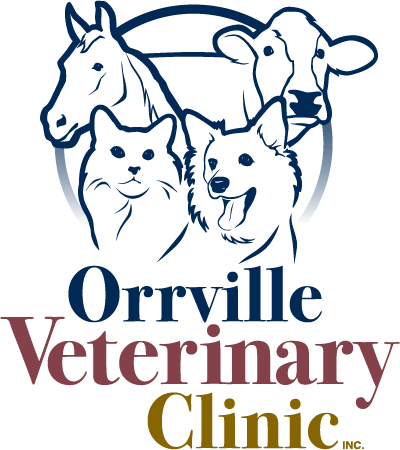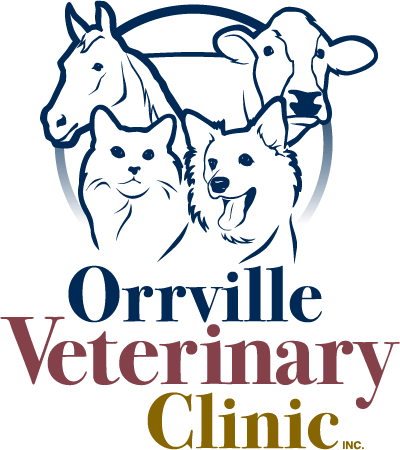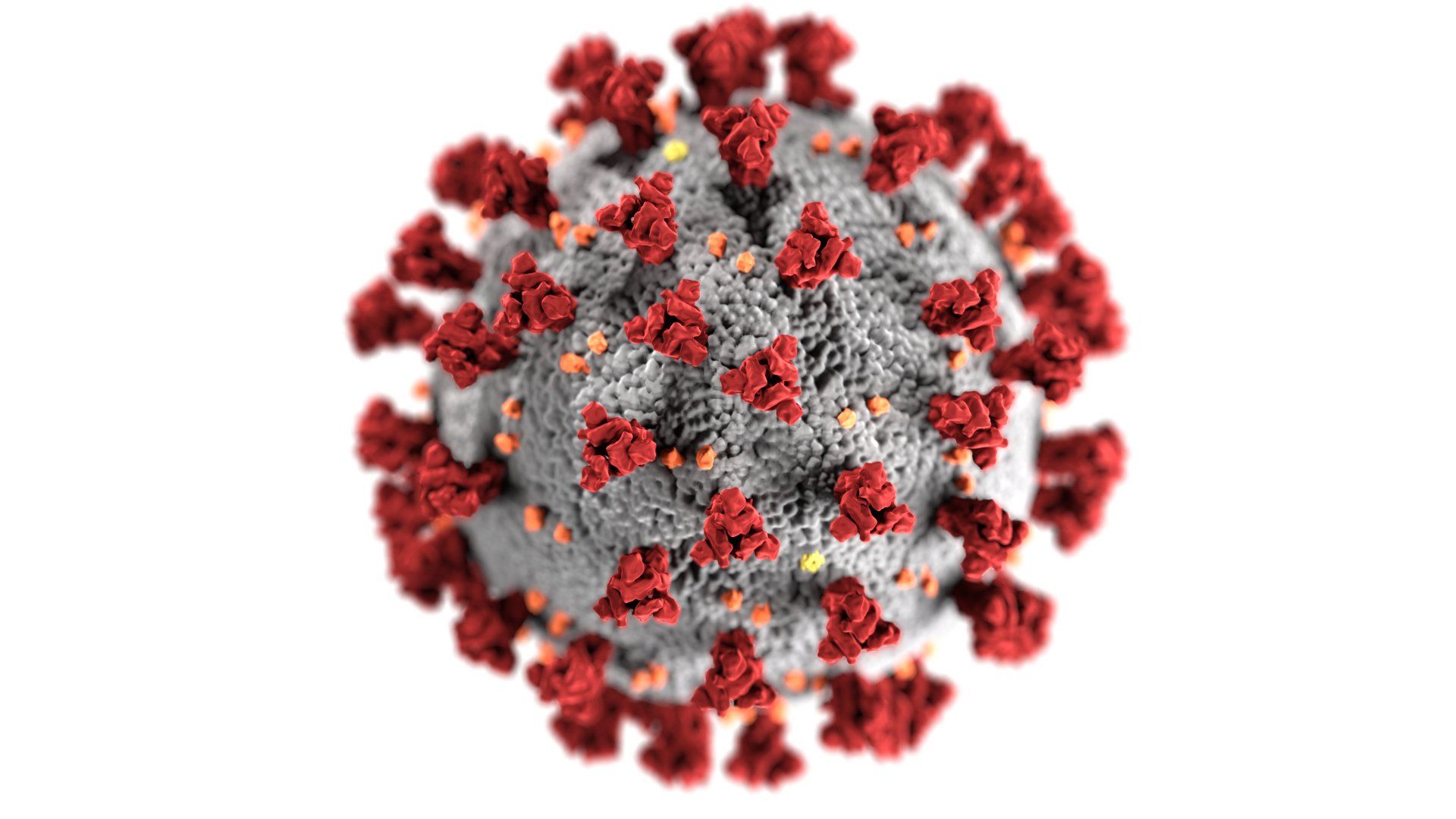Whipworms
Whipworm (Tricuris Vulpis) is an intestinal parasite that affects various species of animals, including dogs and cats. The cat form is rather rare in the United States, but the canine form is commonly found in our region of Ohio. This parasite can result in subclinical infections, as well as debilitating disease.
Like many intestinal parasite, the whipworm is transmitted by ingestion of eggs via the feces. Contact with the eggs can be subtle, such as your dog walking through a dog park that had small amounts of residual fecal material scattered around. Once your dog contacts the eggs and picks them up on his or her feet, their grooming behaviors make it easy to ingest. Your dog simply needs to lick his or her feet to ingest the eggs. These eggs then mature into adult worms in the intestinal tract.
Once the worms mature, they infect the cecum (think appendix) of the dog. The irritation can lead to blood in the stool and weight loss. Mucus in the feces is another common clinical sign. Affected dogs can remain subclinical and continue to shed the Whipworms, while other dogs can get debilitated from rapid dehydration.
The scary part of the story is how long that the eggs can live within the soils of Orrville and the surrounding areas. These eggs can live for up to 9 years, NINE YEARS! This is without a dog to contract the parasite and continue the life cycle. When a dog is present in the environment, the parasite will continue to re-infest that dog, leading to more eggs in the environment. This means that the lifecycle can last literally forever.
The good news is that Whipworms can be both treated and prevented.
- Treatment can be achieved in several ways, but the mainstay of treatment is Fenbendazole, oftentimes referred to as Panacur. The treatment regimen is often extensive with the dog starting on a three day course of dewormer. This 3 day course will eliminate all of the adult worms, but not the immature larvae. Therefore, we recommend a second treatment of three days duration be repeated in three weeks. The treatment is once again repeated 3 months from the original treatment period. The reason for the extended treatment is that the worms take 90 days to reach their full maturity and dewormers can only eliminate the adult stage (those that are older than 90 days of age).
- Prevention is easily achieved through monthly heartworm preventive, though there are only a few that cover whipworms. Perhaps prevention is a poor choice of words, since the monthly preventatives actually act as dewormers. This means that they also kill the adult worms every time that the pill is administered. This keeps the worm burden as low as possible. The two products on the market that currently target whipworms are Trifexis and Sentinnel. We recommend the Trifexis over the Sentinnel, as Trifexis is a much more effective flea control product (It actually kills the fleas, while Sentinnel simply makes the eggs unable to hatch).












